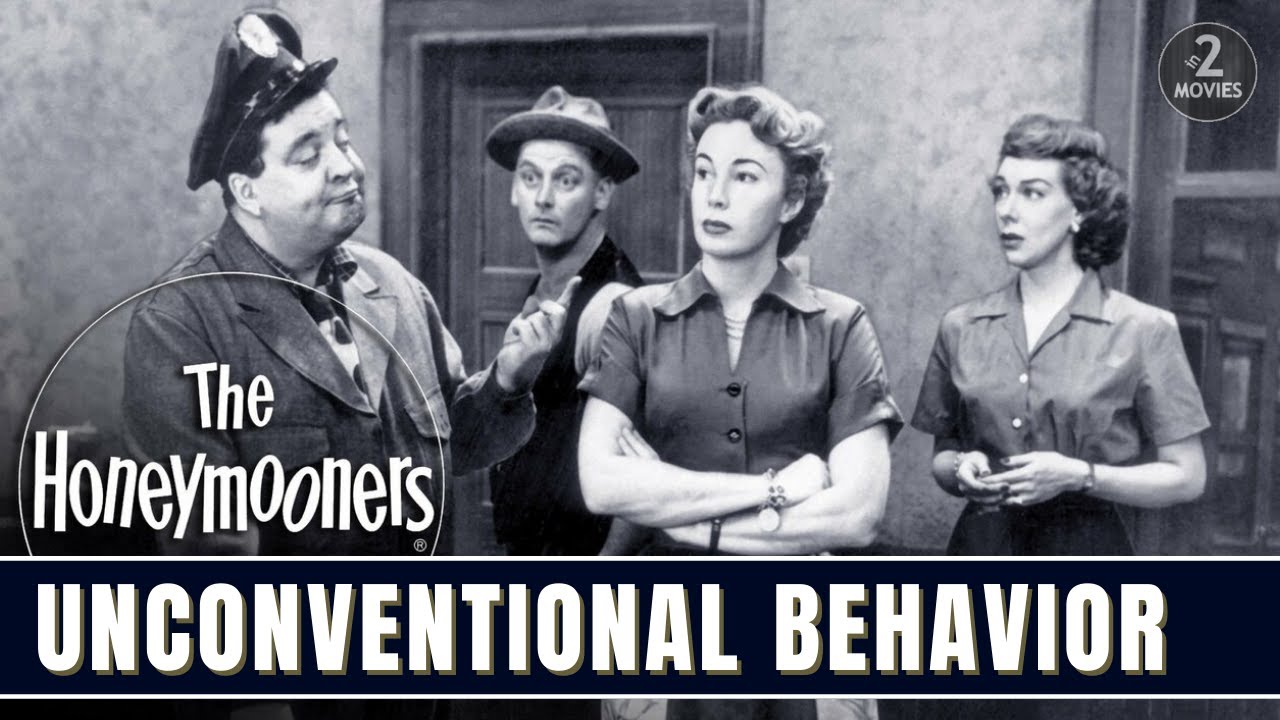The Ed Sullivan Show, one of the most iconic television programs of its era, was a platform that launched the careers of many legendary artists. However, none captured the hearts and minds of American audiences quite like the King of Rock 'n' Roll, Elvis Presley. This article delves into the extraordinary journey of Elvis Presley on the Ed Sullivan Show and its profound impact on both the artist and the cultural landscape of 1950s America.

The King's Ascent

Elvis Presley's rise to stardom was nothing short of meteoric. Born in Tupelo, Mississippi, in 1935, young Elvis grew up in a modest environment. His early exposure to gospel music in the church and the rich musical traditions of the American South were instrumental in shaping his future as an artist. Elvis's unique blend of rhythm and blues, gospel, and country influences made him stand out in the burgeoning rock 'n' roll scene.
By 1956, Elvis had released a string of hit singles like "Heartbreak Hotel" and "Hound Dog" and had built a reputation as a dynamic performer. His raw, electrifying energy on stage was unlike anything audiences had seen before, and it was this very essence that drew the attention of Ed Sullivan.
The Ed Sullivan Show

The Ed Sullivan Show, hosted by the affable Ed Sullivan, was a variety show that dominated American television in the 1950s. It was a platform that showcased a diverse range of talent, from comedians to acrobats, from actors to musicians. The show was a Sunday night tradition in many American households and had the power to make or break a performer's career. On September 9, 1956, it was Elvis Presley's turn to step onto the Ed Sullivan stage.
The Controversy

The lead-up to Elvis's appearance on the Ed Sullivan Show was fraught with controversy. The combination of his suggestive hip movements and the rebellious spirit of rock 'n' roll music had drawn the ire of conservative elements in American society. Many believed that Elvis's music and his stage presence were a threat to the morals of young people. Ed Sullivan himself was hesitant to feature Elvis on his show, but the power of Presley's popularity was undeniable.
The compromise was reached: Elvis would be filmed from the waist up to avoid showing his provocative hip gyrations. This, however, did nothing to dampen the anticipation of the nation.
The Performance

September 9, 1956, is a date etched in the annals of music history. Elvis Presley took to the Ed Sullivan Show stage, and as the cameras rolled, he unleashed a performance that would be remembered for generations to come. Dressed in his signature flamboyant attire, Elvis captivated the audience with a medley of his hits.
The energy in the studio was electric as Elvis belted out songs like "Don't Be Cruel" and "Love Me Tender." Even with the camera limitations, his charisma and raw talent shone through. The audience's reaction was a mix of adulation and hysteria. It was a defining moment that showcased the power of rock 'n' roll and its influence on American culture.
The Impact

Elvis's performance on the Ed Sullivan Show was a watershed moment in the history of American music and television. It marked the point where rock 'n' roll firmly planted its roots in mainstream culture. Despite the initial controversy, Elvis's appearance on the show cemented his status as the King of Rock 'n' Roll.
The show's massive viewership, combined with the subsequent media frenzy, catapulted Elvis into super-stardom. It wasn't just his music; it was the persona, the style, and the charisma. Elvis embodied the rebellious, youthful spirit of the era, and the masses couldn't get enough of him.
The Elvis Phenomenon

Elvismania, as it came to be known, was a cultural tsunami. The impact of Elvis's appearance on the Ed Sullivan Show rippled through various facets of American society. Teenagers idolized him, parents fretted about his influence, and music executives saw dollar signs. Elvis was the embodiment of rebellion, and his fusion of black and white musical traditions was a reflection of a changing America.
The sale of Elvis's records skyrocketed, and he became a movie star, further solidifying his place in popular culture. His influence extended to fashion, with the pompadour haircut, sideburns, and flashy jumpsuits becoming iconic symbols of the era. Elvis's popularity transcended the boundaries of race, class, and geography, uniting fans from all walks of life.
The Legacy

Elvis Presley's impact on the Ed Sullivan Show and American culture was profound. He paved the way for countless artists who followed, from The Beatles to Michael Jackson, who all cited Elvis as a major influence on their careers. His blend of musical genres set the stage for the diverse sounds of the 1960s, and his rebellious image made him a symbol of youth culture.
Tragically, Elvis's life took a dark turn in the 1970s, and he passed away in 1977 at the age of 42. His untimely death only intensified his legend, and his music continues to be celebrated and cherished by fans worldwide.
Conclusion

Elvis Presley's appearance on the Ed Sullivan Show in 1956 was a defining moment not only in the history of music but in American cultural history. It marked the ascension of rock 'n' roll as a dominant force and solidified Elvis's status as a cultural icon. The controversy that surrounded his performance only added to the mystique and allure that defined his career.
Elvis's journey from humble beginnings in Tupelo to international stardom serves as a testament to the American dream. His music, his style, and his charisma changed the world, and his legacy endures through the generations. The Ed Sullivan Show played a pivotal role in his rise to fame, and their union is forever etched in the annals of entertainment history. Elvis Presley and the Ed Sullivan Show were a match made in rock 'n' roll heaven, and their impact on American culture will never be forgotten.



